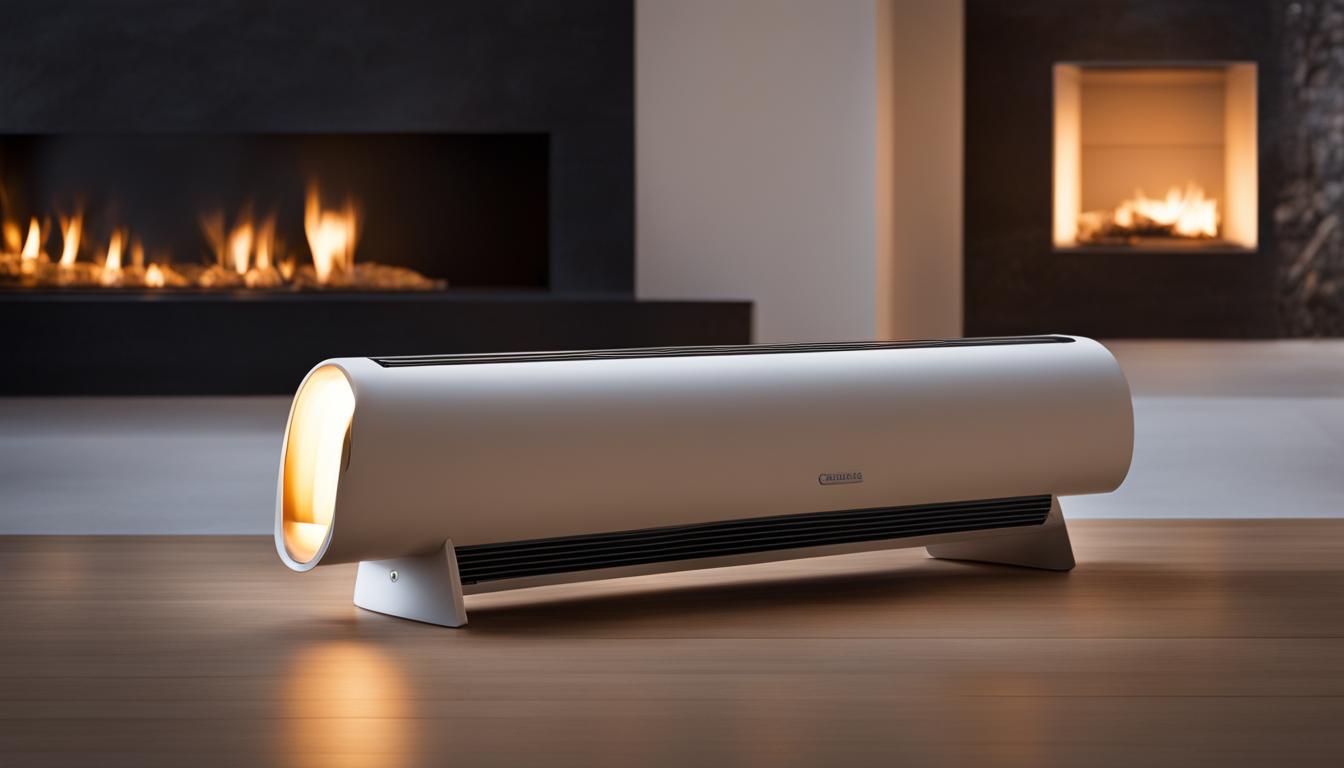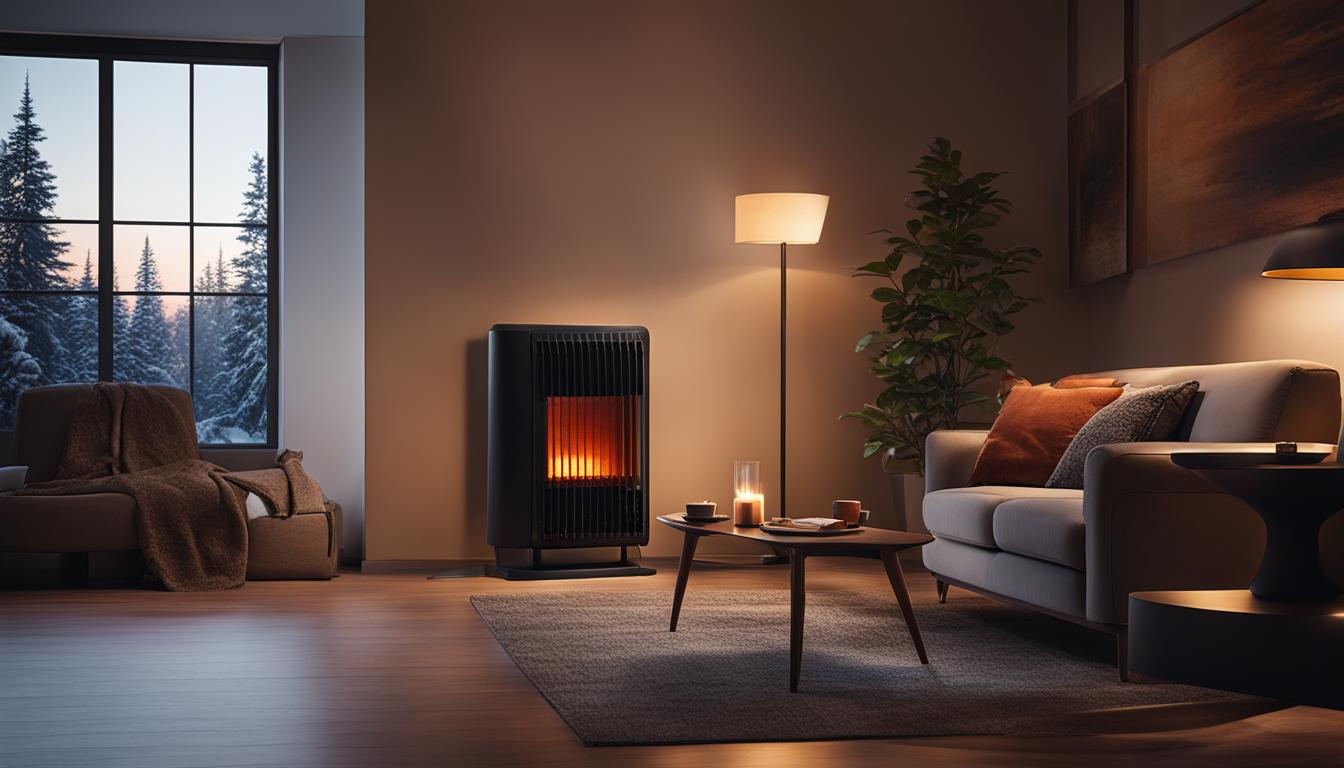Ditch the Plug: The Best Cordless Battery Heaters to Keep You Cozy
Battery-powered space heaters are a good option for heating different areas on the go. They work well in rooms, offices, campers, and more. They are an alternative to electric or gas heating. These heaters run on batteries, so you don't need a power outlet or fuel source. They're cordless. In this article, we'll explore battery-powered heaters. Let's talk about the good and bad things, how to stay safe, which people like, and how to use them well.
How Battery Heaters Provide Portable Heat
A battery-operated heater has several parts: a heating element, battery, fan, housing, and controls. Batteries convert electrical energy into heat using metal coils or ceramic plates. This heat gets dispersed into the surrounding air by the fan blowing over the hot element. The housing encloses the parts safely and directs airflow out through vents. Buttons allow adjusting settings like heat output and timers. It's a simple and effective portable design.
Weighing the Pros and Cons
There are several unique benefits battery-powered space heaters provide:
Cordless portability allows using them anywhere without needing a power outlet. They can operate during power outages when common electric heaters fail. Battery heaters are flameless, avoiding the risks of combustible fuels like propane. They operate quietly and allow adjusting heat output. Both rechargeable and disposable battery types can power the units. The heaters are lightweight and compact.
However, there are some limitations. Run time is restricted per battery charge. Rechargeable batteries can degrade over time. Disposable batteries need frequent replacement. Heat output is lower than corded electric heaters, so they may not heat larger spaces adequately. Initial costs are higher than some other portable heaters as well.
Battery Types Used in Portable Heaters
Common rechargeable batteries include Lithium-ion (Li-ion), Nickel-Metal Hydride (NiMH), and Lead Acid. Li-ion offers a long charge life but needs a special charger. NiMH has no memory effect but a lower capacity than Li-ion. Lead acid is inexpensive but very heavy and needs replacing every few years.
For disposables, Alkaline is readily available and affordable. Lithium has a high energy density but is more costly. Zinc Carbon is the cheapest disposable but provides less performance than Alkaline.
Higher-density batteries like Li-ion or Lithium allow longer run times. Rechargeable batteries offer more value long-term if properly maintained.

 Focusing on Safe Operation
Focusing on Safe Operation
Battery powered heaters provide safer operation than combustible heaters. However, you should still follow some safety tips.
Choose a stable, flat surface for the heater to sit on while operating. Don't place on furniture surfaces. Use only the manufacturer recommended batteries to avoid overheating hazards. Store lithium batteries properly when not in use. Supervise children and pets around portable heaters.
Routinely clean the heating elements and fan to prevent overheating from blockages. Avoid getting moisture inside the housing. Follow all manufacturer guidelines for safe operation and battery usage.
Top Rated Battery Space Heater Models
Some current top-rated battery powered space heaters include:
- DeWalt DXH90B - Uses 20V Li-Ion batteries. Provides up to 12 hours run time heating 300 square feet. Has built-in battery charger.
- Milwaukee M18 - Lightweight and compact. Uses M18 Li-Ion batteries. Heats 100 square feet up to 6 hours. Also provides LED light.
- Lasko Portable Blower - Budget priced. Uses ALK12V NiMH batteries. Heats 50 sq ft for 5 hours. Converts to a fan for summer.
- Stanley SH200 - Digital thermostat with auto shutoff timer. Li-Ion battery powered. Heats 150 sq ft up to 8 hours. Comes with an AC charger.
Tips for Optimal Performance
To maximize the effectiveness of your battery heater:
- Choose the appropriate capacity for the room size you need to heat.
- Fully recharge batteries before each use. Allow cold batteries to warm before charging.
- Invest in premium batteries from reputable brands for better performance.
- Keep spare fully charged batteries on hand for quick swapping when one set runs low.
- Store heater in dry conditions to protect electronic components.
- Clean heating elements and vents routinely to prevent overheating issues.
Battery powered heaters offer safe extra heat for small spaces, though not as much as corded ones. To have reliable cordless warmth, follow guidelines for usage, battery care, and maintenance.